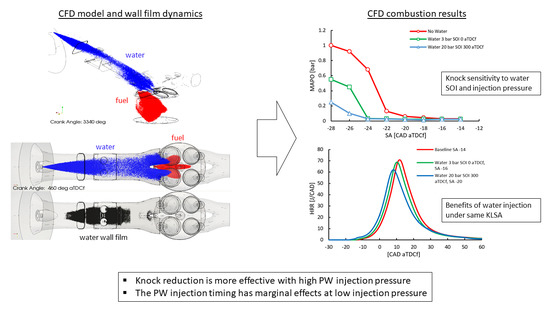

The Role of Inflammation in Heart Disease Additional studies are now looking at whether older, cheaper medications taken by mouth (colchine and methotrexate) can have similar heart protection benefits. It also decreased the need for major interventions such as angioplasty and bypass surgery by 30 percent, proving that addressing inflammation to prevent heart disease is essential.

People treated with the novel anti-inflammatory treatment reduced their likelihood of subsequent heart attacks or strokes by 15 percent. This landmark study finally proved that targeting inflammation without changing cholesterol levels can have a significant impact. However, a recent clinical trial called CANTOS studied an injectable antibody type of anti-inflammatory drug in people who had a prior heart attack and who also had elevated inflammatory markers despite statin treatment. But it wasn’t clear whether that was because statins reduced inflammation or because they further lowered bad cholesterol, since they do both. In 2008, the JUPITER study found that for older adults who did not have elevated blood cholesterol but who did have elevated blood levels of inflammatory markers, treatment with cholesterol-lowering statin drugs reduced the number of heart attacks and strokes. However, what they didn’t know was whether anti-inflammatory treatments could prevent those events from occurring.

Two decades ago, researchers discovered that high levels of inflammation were associated with an increased chance of having a heart attack or stroke. To protect your heart from the damaging effects of inflammation, here’s what you need to know. “We all should be making an effort to reduce chronic inflammation in our bodies.” “Just like we’re targeting blood pressure, cholesterol and blood glucose, we also need to target inflammation,” says Erin Michos, M.D., M.H.S., associate director of preventive cardiology for the Ciccarone Center for the Prevention of Heart Disease.


 0 kommentar(er)
0 kommentar(er)
